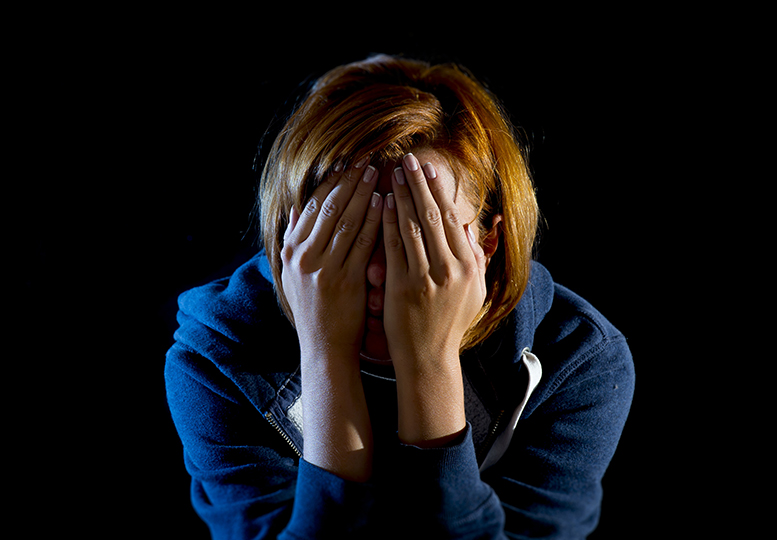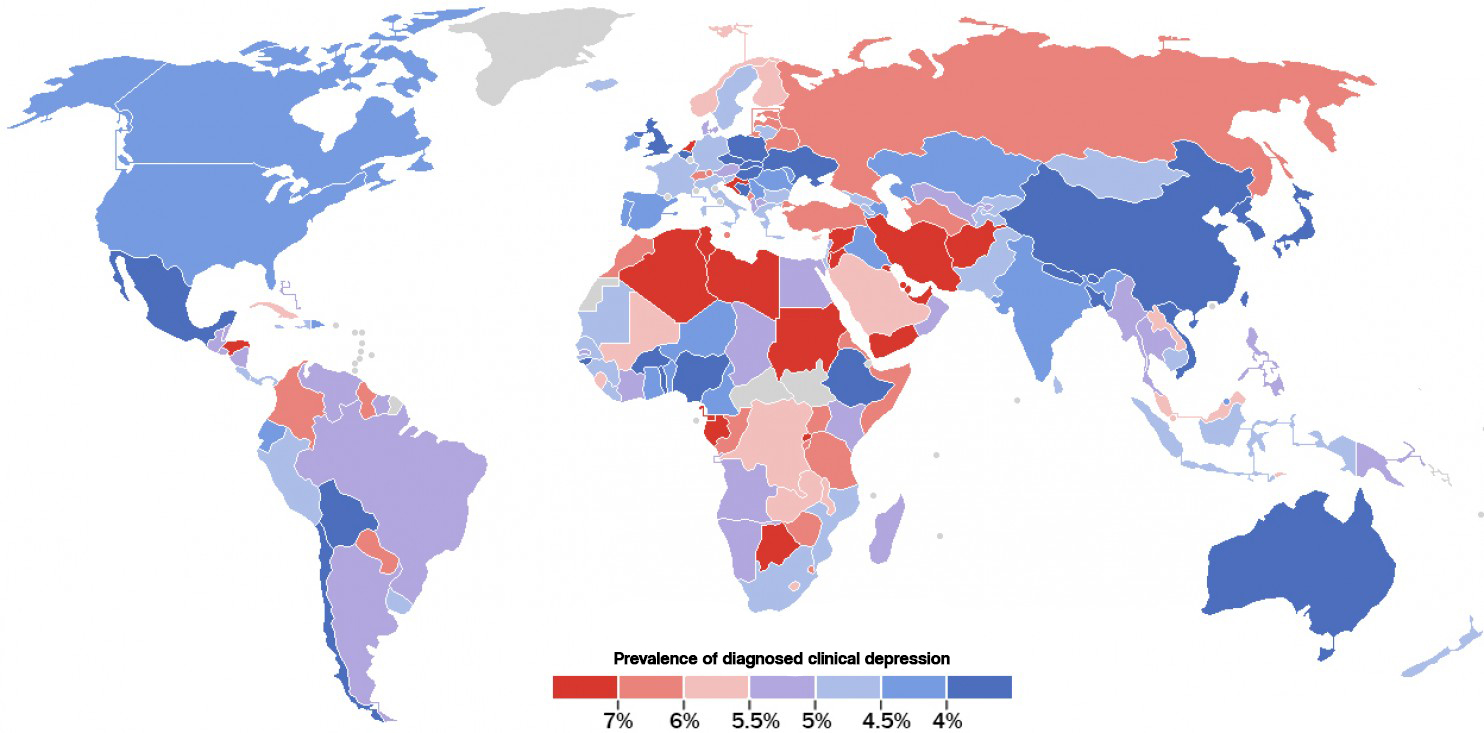Stress is reportedly the leading cause of long-term sickness for workers around the world. In the United States alone, stress related ailments cost the nation over $300 billion in medical bills and lost productivity each year.

More than half of all working adults and up to 47 percent of all Americans say they are concerned with the amount of stress in their lives. Fewer than 25% world-wide have access to effective treatments. That’s where we come in!

For many people, life is full of hassles, deadlines, frustrations, and demands. Stress has become so common it has blended with their daily living. In small doses, this is quite normal and may even help to improve perform under pressure. However, if you’re constantly running in emergency mode, your mind and body end up paying a great price. Much of this burden can be prevented by recognizing the signs and symptoms and taking effective steps to reduce the harmful effects.
Our body has it’s own natural response to danger, an automatic alarm that goes off when you feel threatened, under pressure, or are facing a stressful situation. It’s called anxiety, and it can help you stay alert and focused, spur you to action, and motivate you to solve problems. But when it becomes overwhelming or interferes with your relationships and activities, it stops being functional and you’re well into the territory of anxiety disorders. Once you start to understand your anxiety disorder, there are steps you can take to reduce the symptoms and regain control.
Very often, people use the word “depression” to explain sadness or normal downswings caused by life’s struggles, setbacks and disappointments, but depression is much more than mere sadness. Some have described it as “living in a black hole” or having a feeling of impending doom. Some people don’t feel sad at all. Instead, they may feel lifeless, empty, and apathetic, or may even feel angry, aggressive, and restless. Whatever the symptoms, depression is different from sadness in that it may engulf your day-to-day life, interfere with your ability to work, study, eat, sleep, and even enjoy fun moments. These feelings of helplessness, hopelessness, and worthlessness are intense and unrelenting, with little, if any, relief.
Emotionally abusive relationships can destroy your self-worth, lead to anxiety and depression, and make you feel helpless and alone. No one should have to endure this kind of pain—and your first step to breaking free is recognizing that your situation is abusive. Once you acknowledge the reality of the abusive situation, then you can get the help you need.
– World Health Organization, 1986